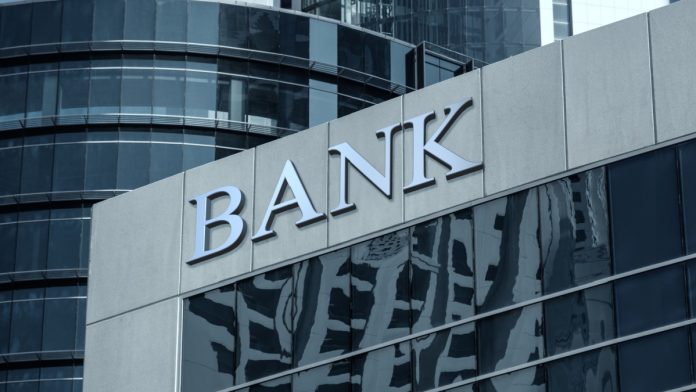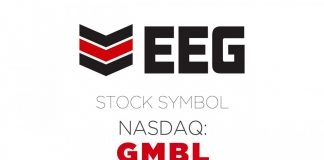Banks are in a “unique position” to help spot and support problem gambling according to recent research.
Julia Hörnle, Professor of Internet Law, and Dr Janelle Jones, Associate Professor of Social Psychology, both at Queen Mary University of London offered these insights in research titled A Unique Position and a Difficult Challenge: Banks’ Support of Individuals Experiencing Gambling-Related Financial Harm.
Earlier this month, the pair joined the Yours Lawfully Podcast produced by postgraduate law and tech students of Queen Mary University of London to discuss what they had found.
Hörnle started by explaining that banks are in unique positions as problem gambling can often be an invisible issue.
“Ironically, it’s often the bank who’s the only entity in the whole wide world who actually knows, through transactional data and also contact by the affected person to the bank, that there is a problem. So that I think is why we felt the demands are in a very unique position to do something. And that’s why we felt that it was such an important role in this particular area.”
The main tool that banks can offer to help prevent problem gambling is a gambling block. This blocks all transactions made by the merchant’s card that have a specific code related to gambling.
The pair acknowledge that this is a somewhat impactful tool however they cited the fact that it can be circumvented by betting using cash or bank transfer. Their research also found that information on the gambling block was hard to find for customers.
Banks can also offer support in branches or online via messaging and signposting users to the support on offer if they feel their spending habits may indicate a problem.
The research undertaken by the pair aimed to examine what banks and regulators can do going forward to help combat problem gambling.
As part of the recommendations, Jones called for the Financial Conduct Authority to release guidance on how to support people as a duty of care exists to protect people from serious harm.
Jones added: “It’s important for banks to think about ways in which they can support or create supportive communication around these kinds of issues for individuals who might be at risk. They’re really in an excellent position to analyse the data that they have.
“They just know what people are doing with respect to spending money, how often they’re spending money, where they’re spending their money. If there’s a binge pattern using that kind of information can actually help to predict different things. It might be useful to predict when someone might be at risk of a binge or other kinds of points of intervention that the bank should start thinking about.”
An issue for banks is that they need to balance intervening when problems arise with their primary role of providing a service to customers.
“The challenge, I think, for the banks was the fact that they have a legal obligation to provide a service,” explained Hörnle. “In other words, they want to make payments quick, convenient, efficient and effective. And of course, measures such as gambling blocks or other measures could potentially be seen in conflict with that overarching contractual obligation.”
They also said that some banks were concerned with the stigma of promoting responsible gambling tools however others saw that providing support information showed they care for their customers.





